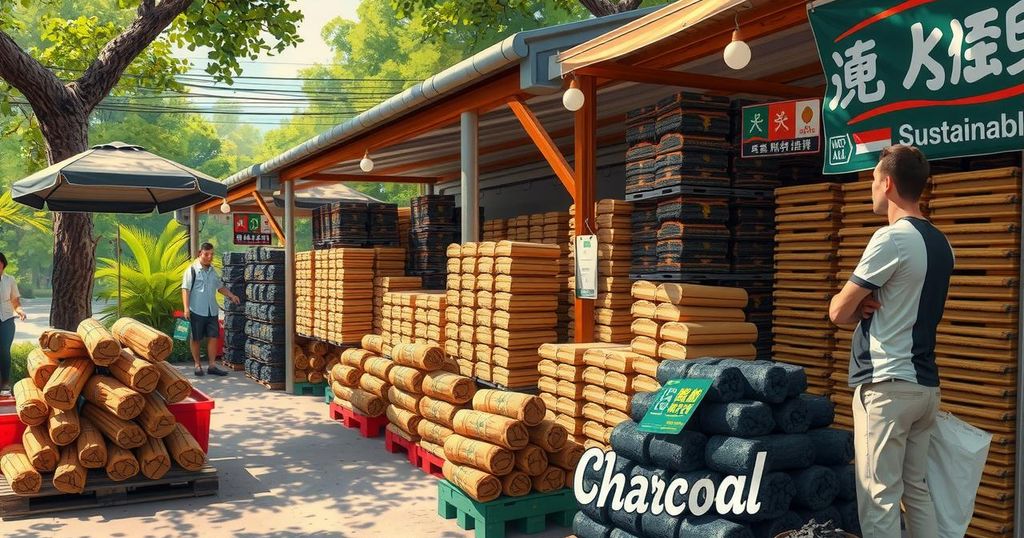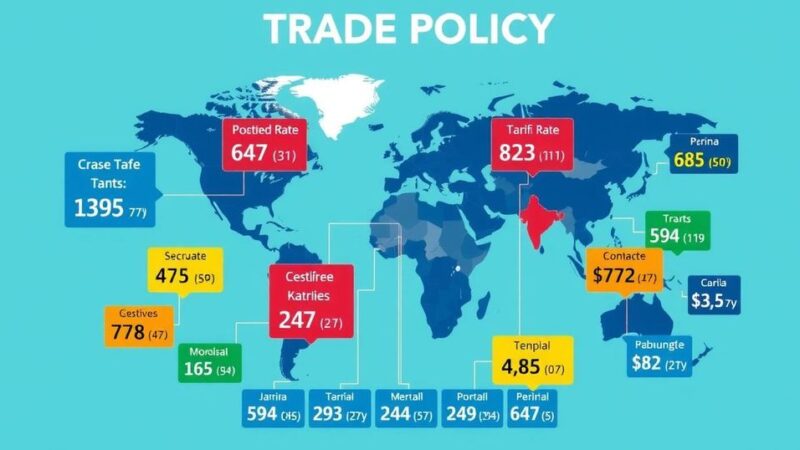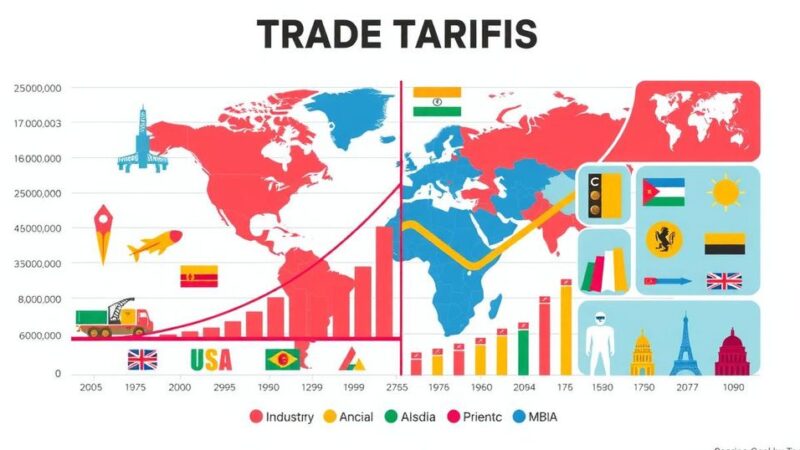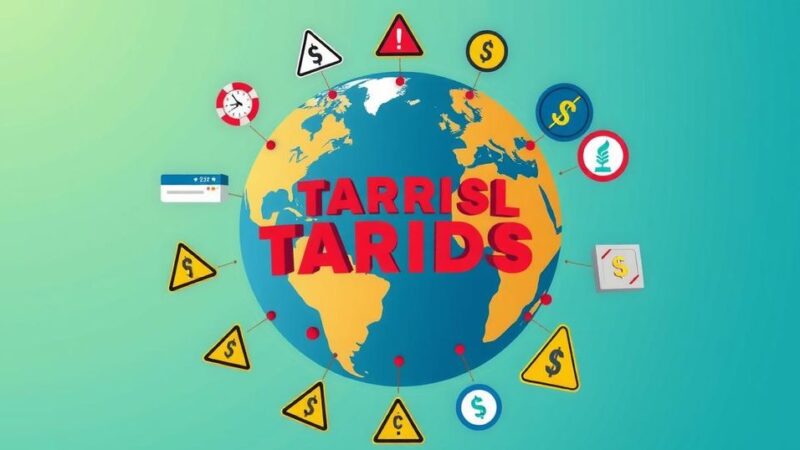Charcoal sales in Tanzania surged to Sh5.73 billion in September 2024, reflecting ongoing demand amid efforts to promote clean cooking energy. Despite a drop from the previous quarter, stakeholders suggest increased public awareness and affordability measures for cleaner alternatives. Tanzania aims for 80 percent clean energy use by 2034, yet challenges remain, particularly in rural areas.
A recent report from the Bank of Tanzania indicates a marked increase in charcoal sales, totaling Sh5.73 billion for the quarter ending September 2024, up from Sh2.94 billion during the same period last year. This 100 percent rise underscores the ongoing demand for charcoal despite efforts aimed at promoting cleaner cooking energy alternatives. However, sales have decreased by 39.30 percent compared to the previous quarter, indicating fluctuations in consumption patterns.
In response to these findings, stakeholders in the energy sector are proposing various measures aimed at diminishing charcoal reliance. Recommendations include launching awareness campaigns to highlight clean energy alternatives, addressing the financial aspects of these sources, and enhancing their availability throughout Tanzania. The nation has set a target for 80 percent of its population to utilize clean cooking energy by 2034, particularly emphasizing the use of cooking gas and distribution of gas cylinders to households.
The South-Eastern zone led charcoal sales with Sh3.68 billion, representing 64.22 percent of the national total, while the Central region followed with Sh856.6 million, and the Northern region with Sh775.6 million. The Lake Zone and Dar es Salaam recorded the lowest sales, at Sh410.9 million and Sh12.6 million, respectively. Dr. Lutengano Mwinuka, an economist from the University of Dodoma, highlighted the need for energy-efficient stoves and improved awareness campaigns to encourage alternative energy use in rural areas, thereby reducing charcoal consumption.
Dr. Mwinuka also noted that initiatives should consider diverse settings beyond urban areas to address the unique challenges rural communities face in adopting cleaner energy. Dr. Donald Mmari, Executive Director of Repoa, further stressed the importance of making clean energy alternatives accessible and affordable, particularly in rural zones, as awareness campaigns have not reached these communities effectively.
Prof. Aurelia Kamuzora from Mzumbe University emphasized the need for research to assess the financial capabilities of Tanzanians regarding gas pricing. She asserted that charcoal’s affordability continues to hinder the shift to gas, given the high costs of processing and transportation and the low purchasing power of consumers. She advocated for assessing energy sources that are cost-effective, especially for urban food vendors, to facilitate a gradual but steady transition.
Moving forward, both Dr. Mmari and Dr. Mwinuka called for efforts to make clean energy sources more affordable and accessible, particularly in rural areas. They underscored the necessity of reviewing pricing policies related to gas to stimulate broader adoption and adjustment of tax policies to enhance affordability of clean energy sources.
In conclusion, the significant surge in charcoal sales in Tanzania reflects the ongoing complexities of transitioning to cleaner cooking energy. Despite a national goal of 80 percent clean energy usage by 2034, affordability and accessibility challenges persist, particularly in rural areas. Collaborative efforts, including awareness campaigns and policy adjustments, are essential to encourage the adoption of alternative energy sources and ultimately reduce reliance on charcoal.
Original Source: www.thecitizen.co.tz






